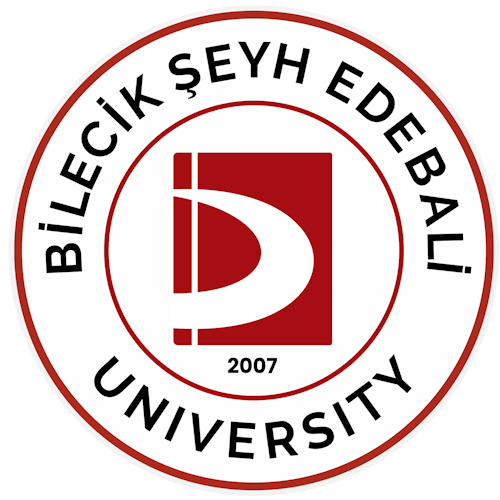FİELD & PROGRAM COMPETENCY RELATİONSHİPS
Field & Program Competency Relationships
14 Kasım 2024 PerşembeField & Program Competency Relationships
- Informing Stakeholders: In matters related to their field, informs relevant individuals and institutions, conveying thoughts, questions, and proposed solutions in written, oral, and visual formats. Share information supported by quantitative and qualitative data with experts and non-experts.
- Lifelong Learning: Acts with a consciousness of lifelong learning.
- Design and Research Awareness: Possesses the necessary knowledge and understanding to reflect multidimensional information, encompassing discursive, theoretical, empirical knowledge, and professional service sensitivities in local, regional, national, and global contexts for academic sharing environments.
- Comprehensive Knowledge: Has the knowledge and understanding of the intellectual, discursive, scientific, technological, aesthetic, historical, and cultural foundations necessary for the field.
- Sustainability and Sensitivity: Has the knowledge and awareness of human- and society-centered, environmentally-conscious design/research/planning methods in the relevant field.
- Knowledge of Regulations and Ethics: Understands the principles, laws, regulations, standards, and institutional and ethical values related to their field.
- Contextual Awareness: Has knowledge and understanding of the historical, geographical, societal, and cultural context of their field.
- Concept Development: Possesses the ability to develop concepts within design fields.
- Problem Identification: Capable of identifying phenomena, potentials, and problems in design topics and conducting necessary research for solutions.
- Theoretical and Practical Integration: Uses theoretical/conceptual knowledge, scientific and practical skills, and research methods and techniques in their field.
- Alternative Solutions: Capable of developing alternative design solutions. Skilled in interdisciplinary design interaction and uses knowledge and skills in problem identification, interpretation, expertise, and innovation solutions.
- Independent and Collaborative Work: Carries out individual work independently and assumes individual and joint responsibility in multidisciplinary, interdisciplinary, and transdisciplinary tasks. Possesses the confidence and competence required for this.
- Project Collaboration: Plans, takes responsibility for, and executes collaborative efforts in design projects.
- Advanced Technology Usage: Uses information and communication technologies the field requires interactively alongside advanced computer software.
- Ethical Responsibility: Acts with an understanding of ethical standards and professional behaviour in practice and research, adhering to societal responsibility.
- Social, Environmental, and Ethical Considerations: Collects, evaluates, and interprets data necessary to make decisions in design processes, considering potential social, environmental, and ethical outcomes.
- Critical and Dialectic Evaluation: Critically evaluates existing knowledge in the field, using professional approaches aligned with ethical principles, professional conduct, criteria, standards, and legal frameworks while considering possible social, environmental, and ethical impacts.
- Awareness of Broader Issues: Possesses knowledge and understanding of local, regional, national, and global issues in both general and professional contexts in their historical period.

